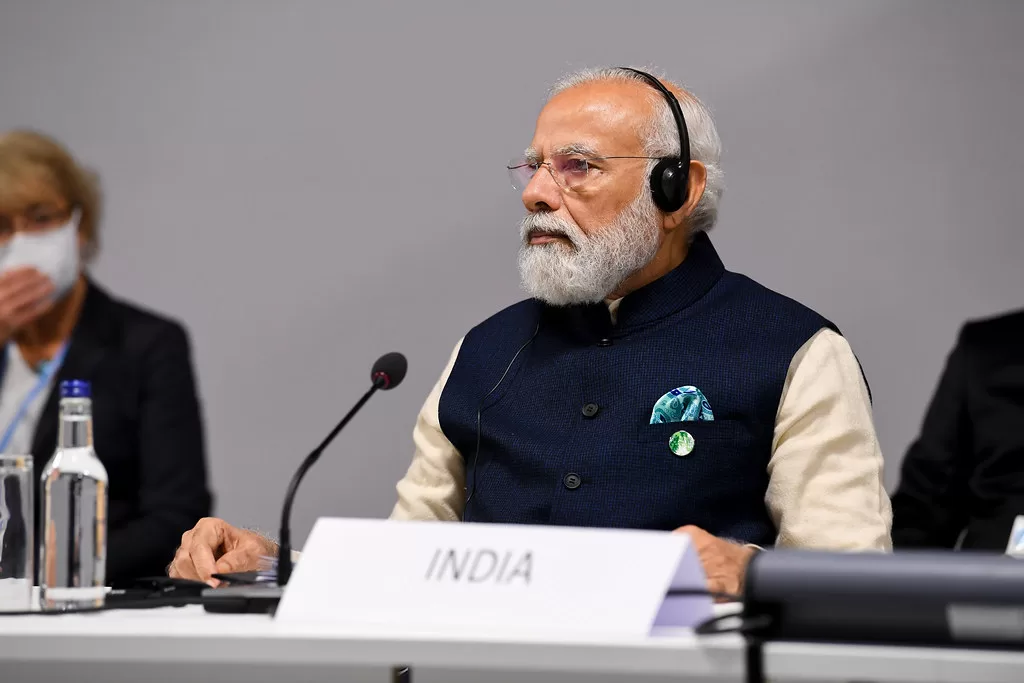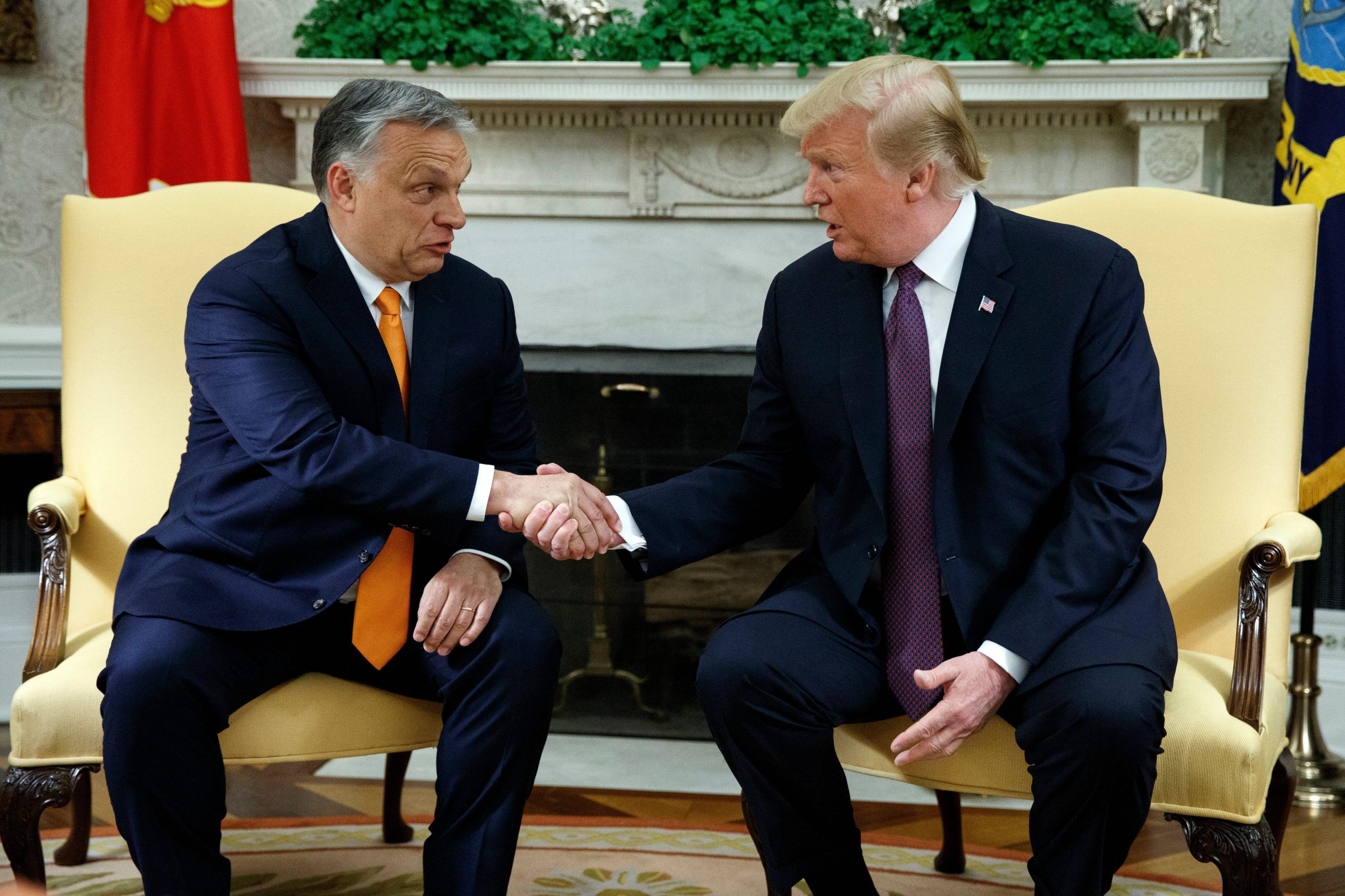Last week Canadian Prime Minister Justin Trudeau shocked the world by claiming that Canadian resident and Sikh separatist leader Hardeep Singh Nijjar had been assassinated by Indian government agents in an act of foreign interference. For months after Nijjar’s death in June, Canadian Sikhs reported that they too were dealing with Indian government interference: the government of India was frequently ordering Facebook to take down their posts relating to Nijjar’s death. Prominent Sikh accounts and civilians alike found their posts blocked or unpublished due to “legal demands” coming directly from the government of Prime Minister Narendra Modi, in what may be the Indian government’s attempt to export its draconian censorship culture to discourse overseas.
All this has unfolded just ahead of the International Day for Universal Access to Information, which falls on 28 September. The Right to Know Day, as it is otherwise known, hails information access via the internet as a tool to protect human rights.
It is not the first time civilians - both within and outside of India - have faced obstacles on social media platforms for posting information or opinions that go against Modi’s carefully crafted narrative. Ultimately the Right to Know does not exist in Modi’s India and social media platforms like Facebook, X (formerly Twitter) and Instagram are part of the problem, kowtowing to Indian-government pressure to censor dissent.
Take the example of X CEO Elon Musk, whose proud defenses of free speech are undermined by his frequent capitulation to the demands of Indian government censors. He adopted a surprisingly meek tone when asked by the BBC about why X had blocked content relating to India: the Modi Question, a BBC documentary released earlier this year that exposes Modi’s complicity in episodes of massive anti-Muslim violence.
"The rules in India for what can appear on social media are quite strict, and we can't go beyond the laws of a country,” Musk told the BBC after X complied with Modi’s demand to delete all links to watch the film. “If we have a choice of either our people go to prison, or we comply with the laws, we'll comply with the laws."
“Quite strict” is putting it lightly. The Modi government’s censorship aims to remake India, transforming it from a secular democracy into a Hindu supremacist nation, one where religious minorities, specifically Muslims and Christians, are stripped of their basic human rights and reduced to second-class citizens. Any disapproval of Modi or his authoritarian goals is suppressed via the Information Technology Act, which forces social media platforms to “fact-check” all content posted about the government. These expansive powers – which Human Rights Watch cites as “enabling state surveillance” – allows the government to censor virtually any content it labels as “disinformation”, “objectionable” or “anti-national”.
The resulting crackdown on free speech has contributed to India’s top-5 ranking in the list of countries that submitted censorship requests to X in 2022. That same year, India also became the world leader in internet shutdowns, after blacking out web access a shocking 84 times. Over half of these incidents were imposed on Muslim-majority Kashmir, shortly after Modi stripped the region of its semi-autonomous status.
Censorship tightened its grip in response to mounting civil resistance in India. In the early months of 2020, as Delhi witnessed a surge in anti-Muslim violence, farmers rallied against unjust farm laws, and the government struggled to manage the Covid-19 crisis under Modi's leadership, X reported that the government made over 2,700 official requests for content removal. Content related to the protests led by Muslims against the discriminatory Citizenship Amendment Act was also subject to removal, and the accounts of activists were blocked. By the end of the year, nearly 10,000 tweets had been deleted. According to the Committee to Protect Journalists, most of these tweets were mere opinions on these events, satirical posts and expressions of solidarity with protesters.
Any attempts by journalists and activists to counter the pro-Modi propaganda circulated by mostly corporate-controlled media are labeled “anti-national” and met with consequences. In Kashmir, where human rights abuses by security forces are widespread, journalists who post content on rights violations can face detention under draconian anti-terror laws. Those who debunk Hindu supremacist propaganda, like prominent Muslim journalist Mohammad Zubair, arrested in 2022 over a 2018 tweet, have received notices from X claiming that their fact-checking posts violate Indian law.
Just days ago, the Jammu and Kashmir police reportedly claimed to have secured the direct cooperation of social media giants to access information on users engaged in spreading “anti-national sentiment” - an allegation often leveled by the regime against activists, journalists and everyday civilians who criticise the government or Hindu nationalism. Without access to secure private communications, information sharing in India will surely undergo a serious chilling effect.
All the while hate speech against minorities appears to be given a free pass in India. A prime example is within Modi’s own Bharatiya Janata Party (BJP), which is notorious for running an IT cell partially dedicated to harassing and threatening their critics with armies of online trolls. The IT cell also seeks to scare civilians into voting for the BJP by flooding Facebook, WhatsApp and X with fear-mongering propaganda against Muslims, often describing them as violent freeloaders.
Other Hindu extremists also rely on social media to promote and carry out violence, posting everything from slur-filled tweets to horrific videos of Muslims being violently attacked. Mainstream “news” personality Suresh Chavhanke, who consistently refers to Muslims as “terrorists”, once posted on X asking his hundreds of millions of followers if he should shoot a group of Muslims. A well-known Hindu militant accused of sparking deadly violence against Muslims, Monu Manesar, received a Gold Play Button from YouTube for running a massively popular channel that filmed and glorified cow vigilante attacks against Muslims.
Another influential Hindu militant, Bittu Bajrangi, uploaded hate speeches to social media that some have alleged played a direct role in triggering mass violence in Haryana state last month.
Posts offering firearms for sale in Hindu militant Facebook groups have gone untouched for an extensive period of time, while Facebook responded to activist concerns by claiming such posts didn’t violate any community policies. (Only after the Wall Street Journal inquired into the posts did Facebook finally take them down.)
The promotion of hateful content at the expense of marginalised voices across all these platforms is troubling to say the least. Facebook, X and other platforms are aiding in the death of free speech in India. Abetting these human rights abuses on such a massive scale is unacceptable. They should be protecting the right to freedom of information in India and wherever they operate, instead of helping foreign governments along in their spiral towards autocracy. They must learn from Facebook’s own role in the Rohingya genocide, following which victims in the USA and the UK took legal action against the social media firm, accusing it of failing to prevent incitement of violence.
It is long past time for social media companies to stand up to the censorship demands of the Modi regime and stand behind the Right to Know in India and elsewhere.
Rasheed Ahmed is the co-founder and Executive Director of the Indian American Muslim Council, the USA’s oldest and largest Indian Muslim diaspora organisation





